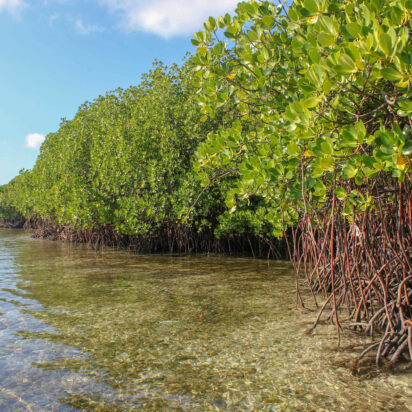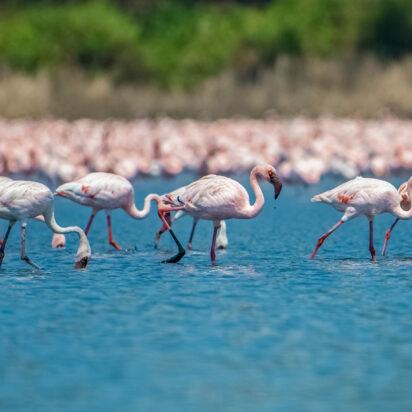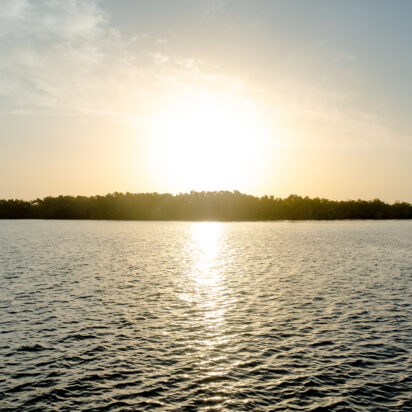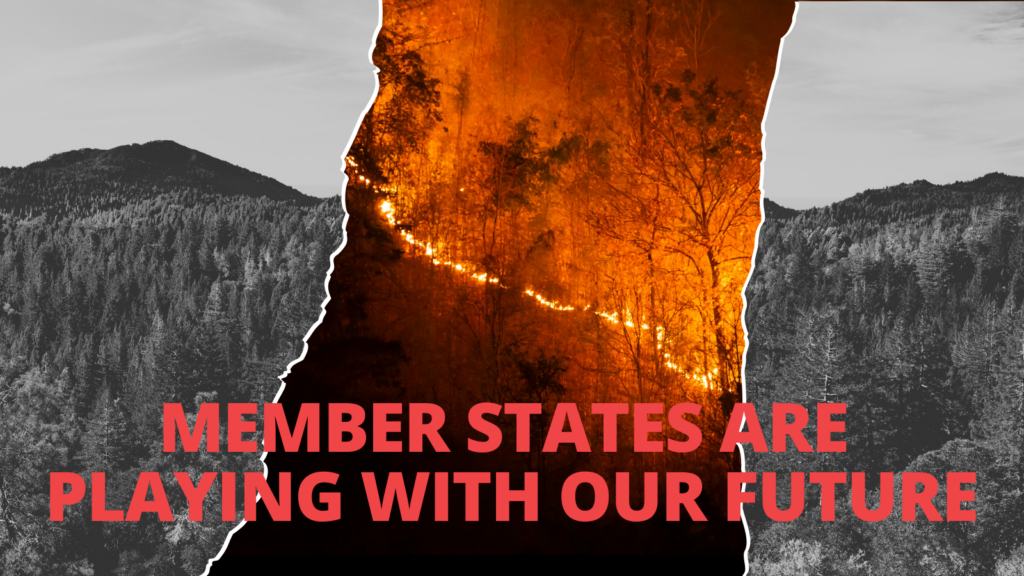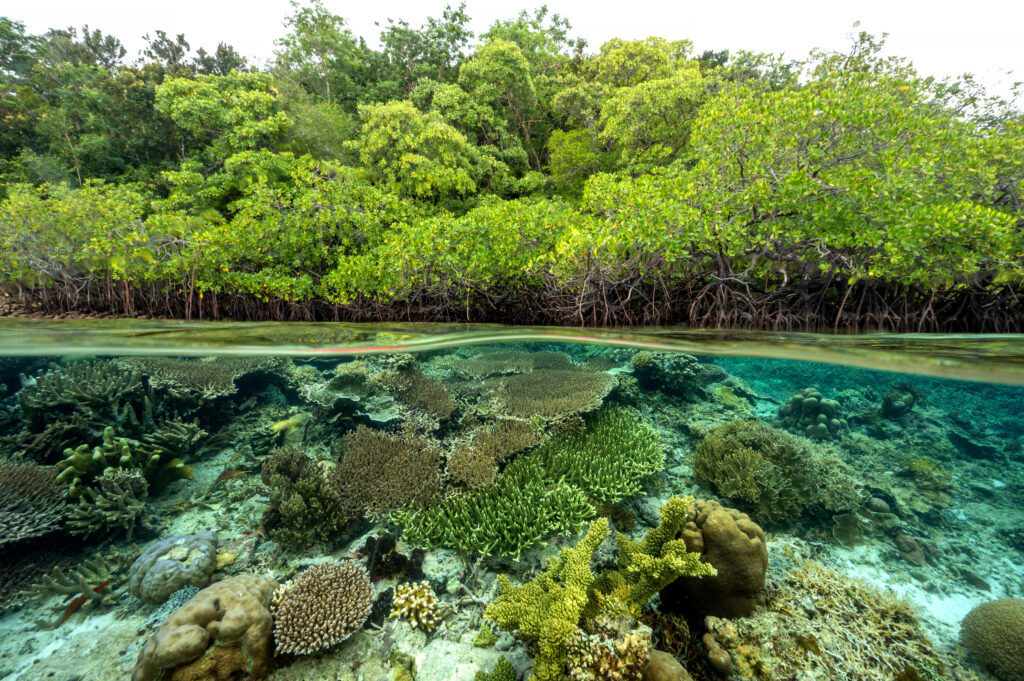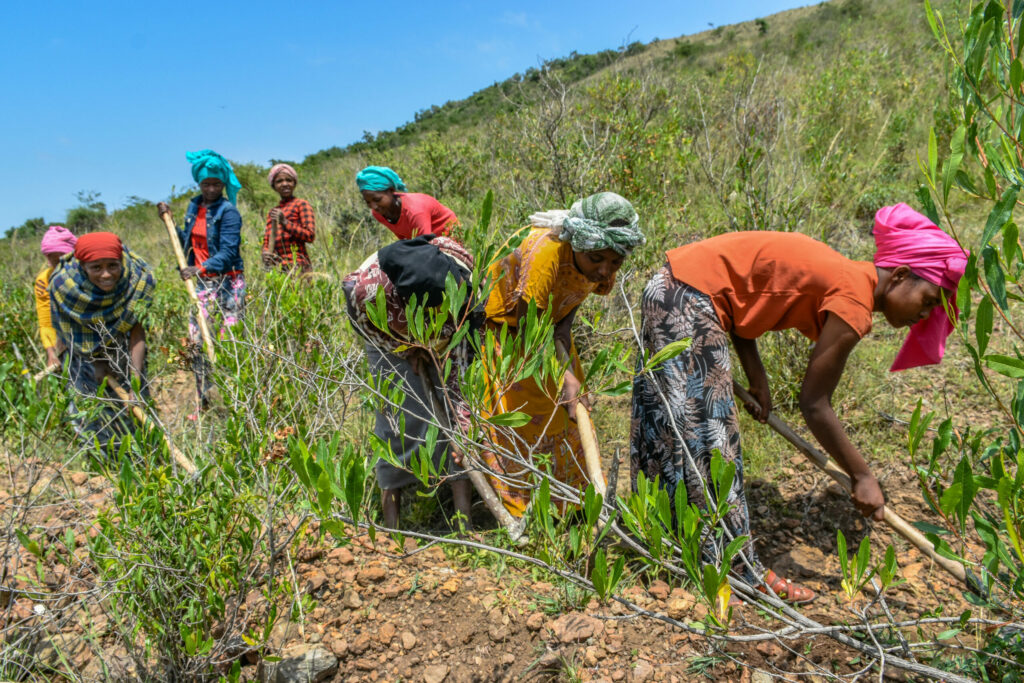
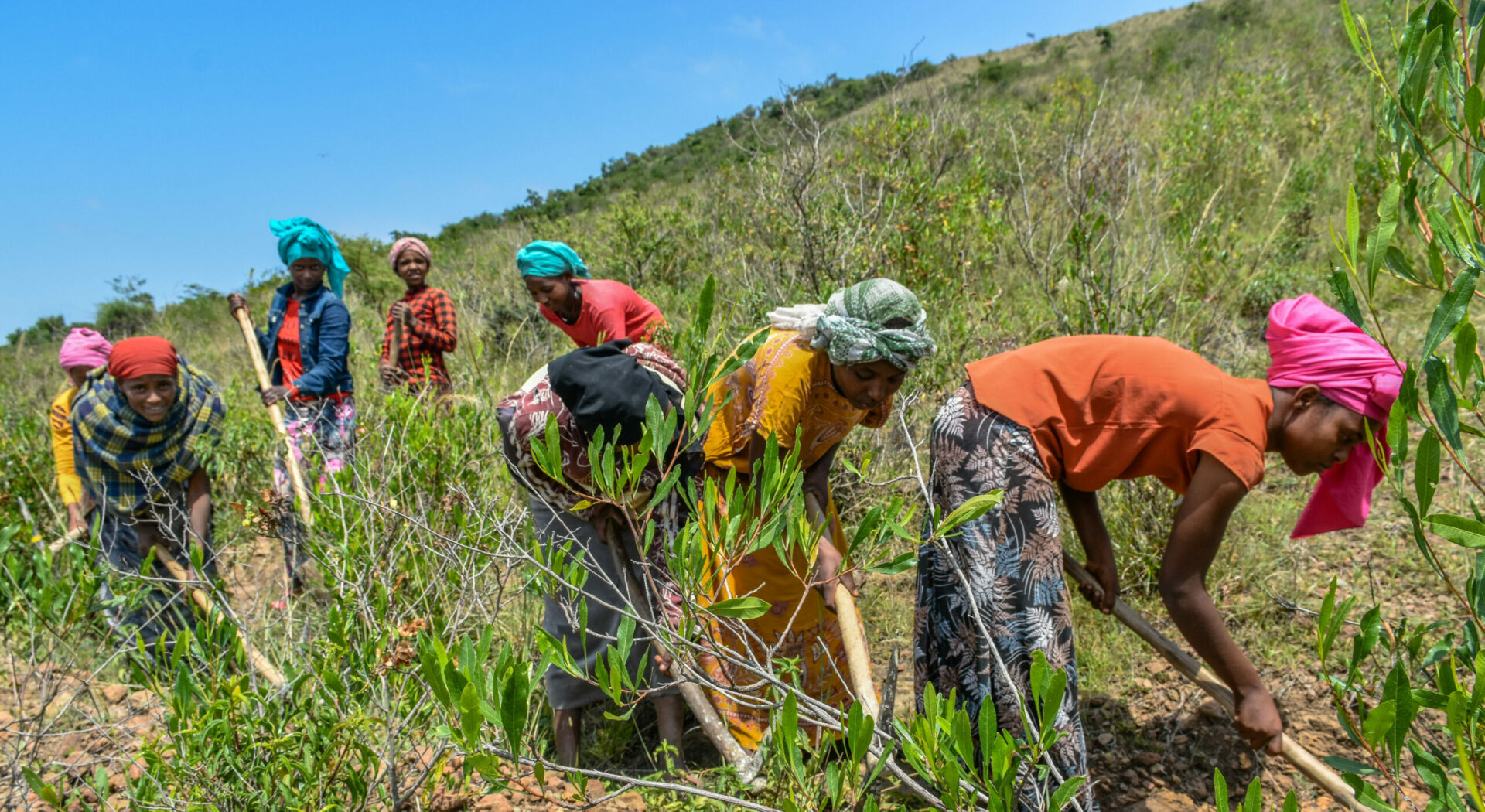
Our work on water, sanitation, and hygiene (WASH)
What are wetlands?
Wetlands occur wherever water meets land. These unique habitats include mangroves, peatlands and marshes, rivers and lakes, deltas, floodplains and flooded forests, rice-fields, and even coral reefs. Healthy wetlands are central to solving the interconnected climate, biodiversity, and water crises.
Wetlands International is a global not-for-profit organisation dedicated to the conservation and restoration of wetlands. Our vision is a world where wetlands are treasured and nurtured for their beauty, the life they support and the resources they provide.

